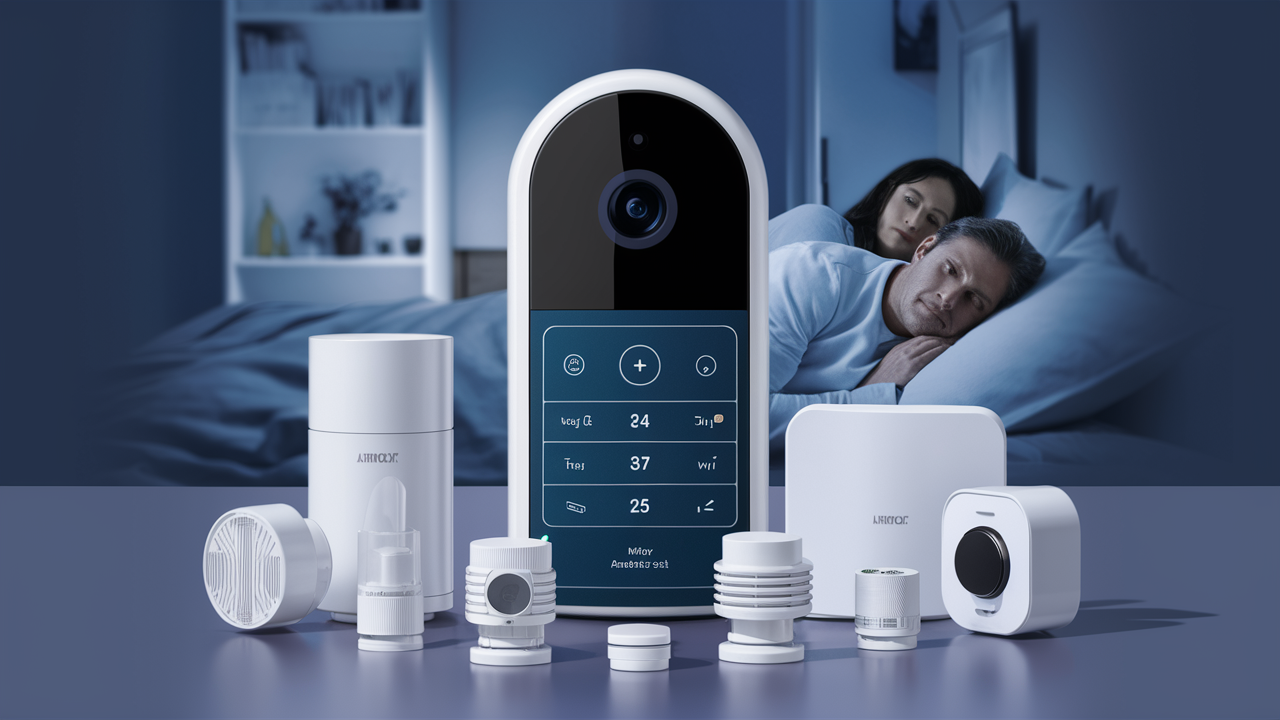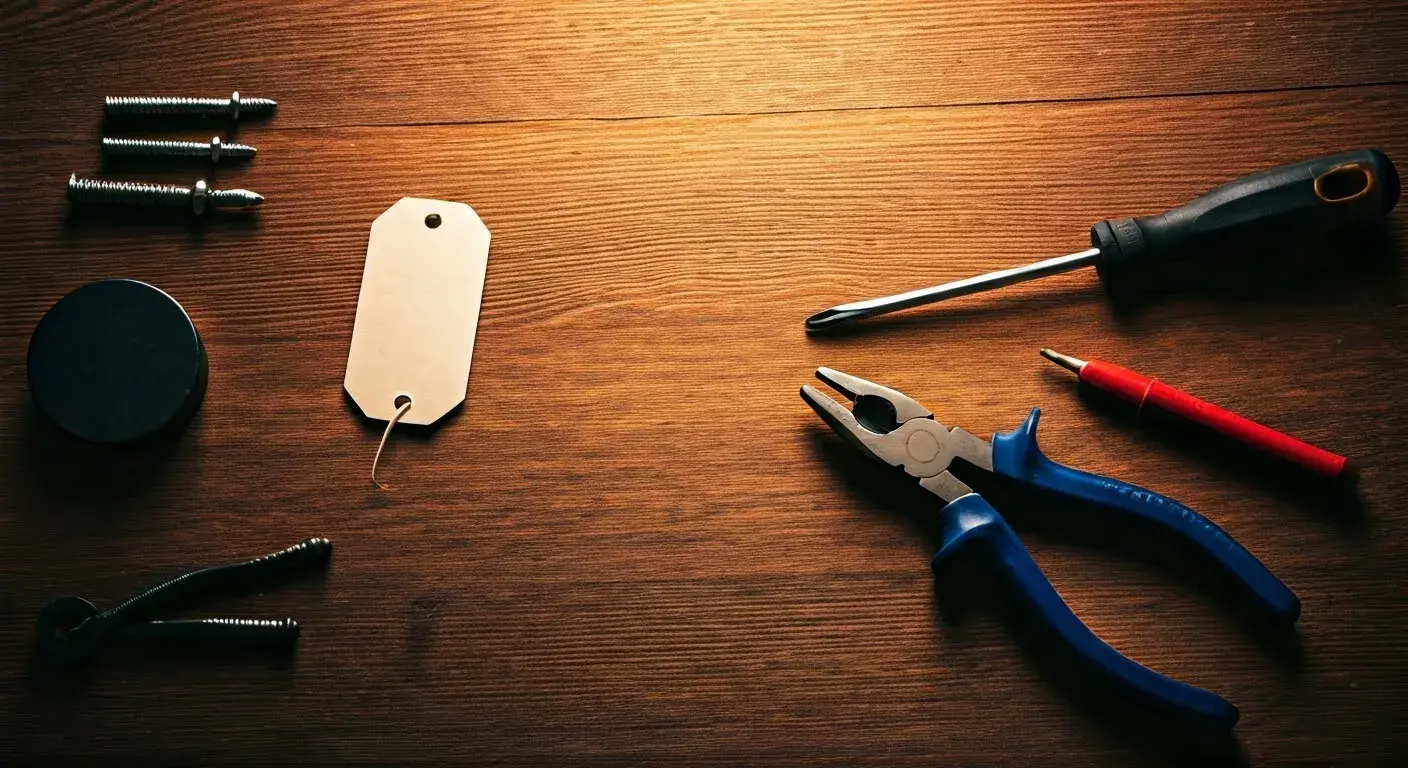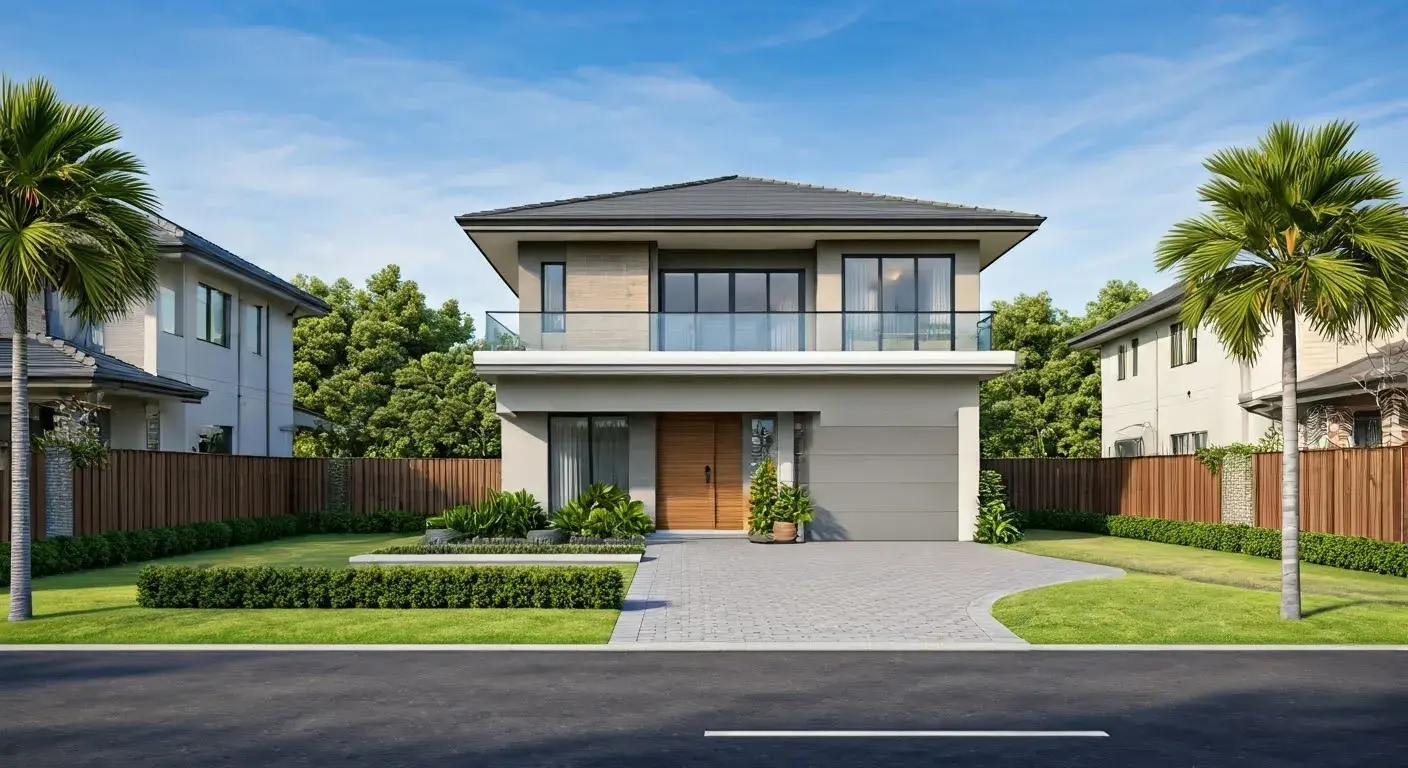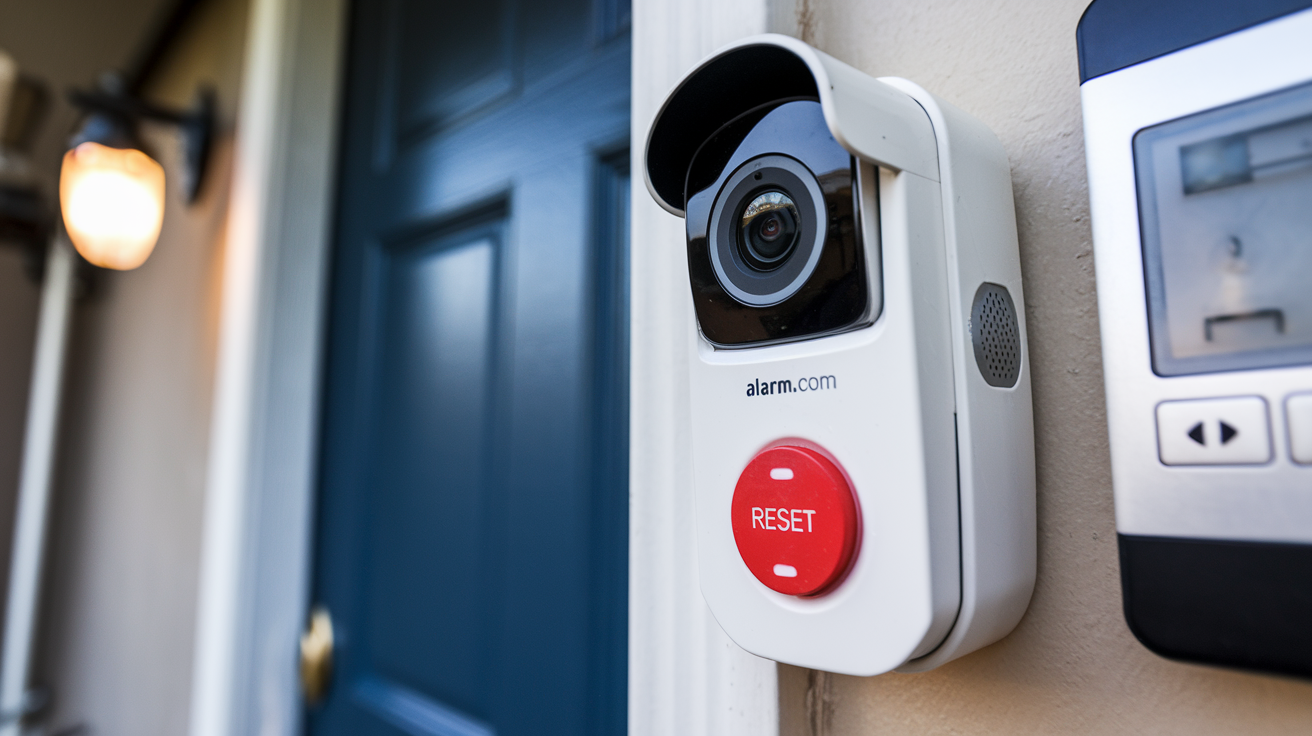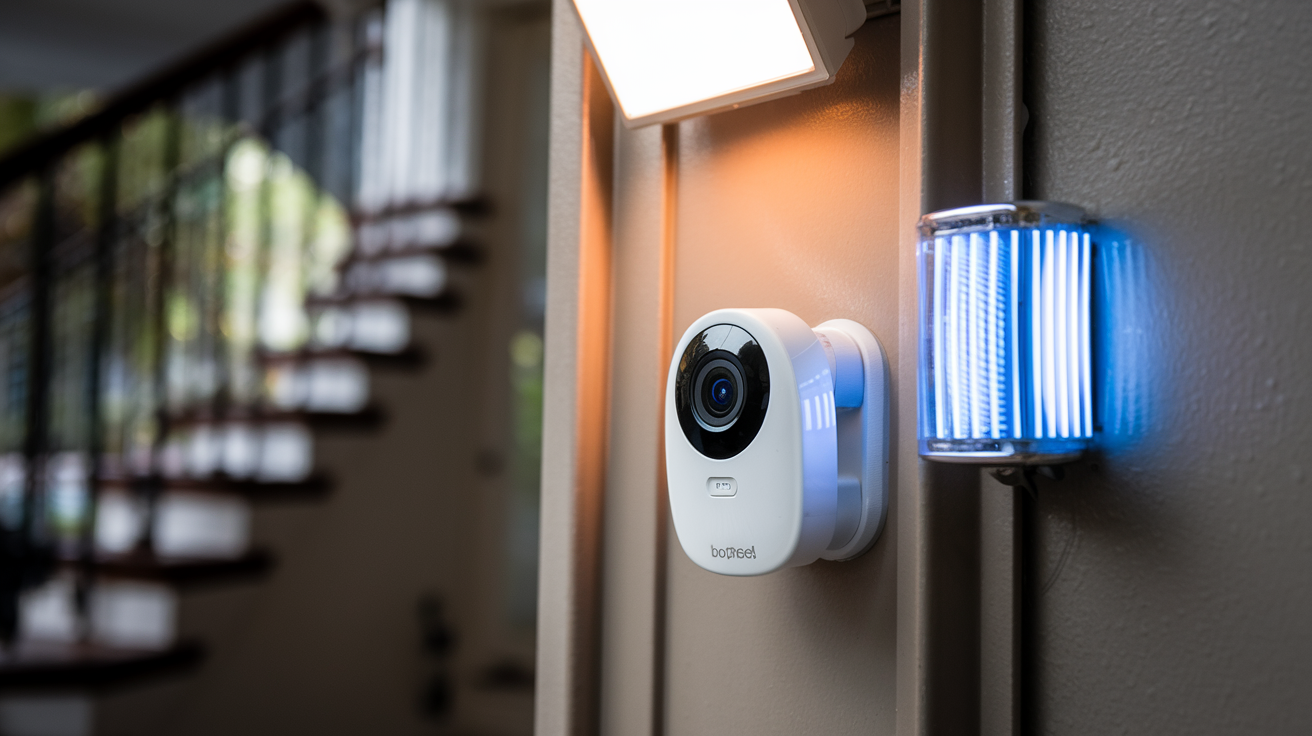Deciding on which type of alarm system to install at your home is crucial so that you and your family, your property, and your house are protected from invaders, fire, carbon monoxide poisoning, and other dangers. This can be particularly daunting given the availability of many choices in the market today when deciding what the best Home Security System is for your particular case. This guide explores the essential considerations that you should make when choosing a home security system for your home.
Evaluate Security Threats In Your House Are you a resident of a rural or a densely populated community? Do you live in an area that is surrounded by vast and empty space or do you live in an area that has many other houses nearby? The first aspect that should be considered when choosing a home security system is the security threats that are peculiar to your home depending on its location. Homes in compact areas might want video surveillance and alarms against home intrusions while homes in rural areas might prefer fires and carbon monoxide detectors.
Determine Your Budget Home alarm systems are somewhat expensive depending on the capacity of the system, the size, contract terms, and whether the system is bought or leased. The least expensive systems may cost only a couple hundred for the equipment and the more complex and feature-filled systems complete with video monitoring, home automation integration, and more can be several thousand dollars. Also, multiyear contracts are generally more expensive in the long run than buying equipment. Define your budget as closely as possible to limit your choices of home security systems that you are willing and able to pay for.
Assess Your Home’s Size This is an important consideration because the size of your house determines the kind of home alarm system that will offer full coverage and protection with no blind spots. Larger homes normally need more sensors, monitoring equipment, and alarm sounders as compared to the limited sizes of homes. If you are furnishing a new home, estimate your home’s approximate square footage and count the number of doors and windows to determine how much equipment you will require. The above will affect decisions on what equipment bundles homeowners can expect from home security companies.
Identify Monitoring Options Most home alarm systems have an option for a professional monitoring service, meaning that an operator gets an alert when a sensor has been triggered and can call for assistance if necessary. This service may be associated with a monthly subscription fee. The surveillance choices one should consider are phone line monitoring, broadband internet monitoring, and cellular monitoring. Fixed systems are the cheapest but their effectiveness can be reduced when the telephone line is disconnected. Broadband and cellular monitoring perform the same function of informing the monitoring centers of triggered alarms but the cellular monitoring will still operate even if the internet or power is off.
Evaluate Smart Home Integration Most home security systems in the current world are compatible with smart home devices such as Amazon Alexa or Google Assistant. This convenience allows you to activate, deactivate, or check the status of the system by voice control. If you already have other smart devices that are compatible with the smart home system like Amazon Echo Dot, then choosing an alarm system that will be compatible with these devices can go a long way into ensuring that the operation of the system is easy.
Assess Energy Efficiency To reduce energy costs when operating a home security system, choose devices that have energy-efficient performance. Solar syncing for lighting fixes the brightness of the light according to the amount of sunlight, occupancy sensors control system activity depending on the occupancy of the home, and long-life rechargeable batteries are better than disposable batteries and are more sustainable to use for continuing system operation even during power cuts. While upgrading to energy-efficient equipment is a little expensive in the initial stages, the benefits are usually seen in the long run.
Determine Ease of Use Standalone home alarm systems should have highly advanced monitoring options while remaining fairly easy to operate and monitor. Complex, ambiguous alarms negate their primary function of protecting an individual. Avoid systems with many different arms and disarm modes as well as those with complicated response procedures. Integrated keypads with straightforward interfaces make it easy to tap codes to initiate systems. Some systems are equipped with full-fledged mobile applications that let you control the system using your smartphone or tablet. This simple remote control makes it convenient for you to exercise control over the security of your home.
Compare Professional Installation Options Most home security companies have this kind of equipment installed by their professionals, and this is usually done at a cost but with different prices offered by different companies. Some handy homeowners prefer to install systems by themselves to cut costs and learn more about the layout of their homes. When deciding whether to install the system yourself or hire a professional, it is important to weigh your ability or willingness to install the sensors, keypad, and other pieces. Leading companies hire personnel to install all home security products properly especially surveillance video and wireless systems.
Always Ensure You Go Through Warranties and Service Contracts Carefully Trustworthy home alarm system makers ensure their hardware and the monitoring services through warranties and satisfaction guarantees. When it comes to comparing systems, make sure to read contracts and their small print, especially concerning equipment warranties, monitoring, fees, and termination of services. Learn how the policy of replacement equipment is managed in case a particular component fails or a certain technology becomes obsolete. Comparing the policies of home security companies helps avoid purchasing unfavorable long-term deals or equipment with high replacement frequency.
Ask About Discounts Most of the leading home security companies provide discounts so the systems become easier on the pocket. Some of the general areas in savings include group buying of equipment in one order, customer loyalty promotions, sales during festive periods, referral bonuses to customers among others, and special rates to specific groups such as police, military, and senior citizens, among others. Do not be afraid to ask the home alarm system company about any available discounts before you sign the contract.
With the right information selecting the right alarm system for your specific home does not have to be a difficult task. Being able to measure the concerns mentioned above against your need will help you decide on equipment and monitoring options that will help to keep your home safe depending on what you value most, whether it is video monitoring for porch piracy or fire and Carbon monoxide monitoring for family members who are sleeping. Hiring the services of professionals in home security is a long-term investment that gives one and the entire family a sense of security that is priceless, especially with the knowledge that the house is secure even when the occupants are away.
Protect your home today with ADT’s top-rated security solutions!
Call now at +1 877-470-7879 to get a free consultation and find out how you can secure your home with the best in the business. Don’t wait—ensure your peace of mind with ADT!
